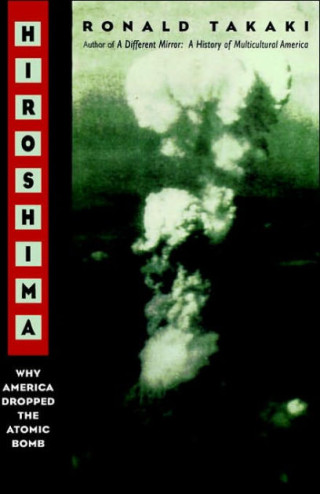As we mark the seventy-eighth anniversary of the atomic bombings of Hiroshima and Nagasaki, we bear witness to a peculiar paradox. On the one hand, a greater percentage of Americans than ever before now doubt the necessity of using nuclear weapons against Japan. By contrast, the arguments justifying their use remain stubbornly persistent. This is noteworthy considering the historical evidence now clearly indicates that Japan was on the brink of surrender at the moment when these weapons were employed.
The decision to initiate an instant holocaust against potentially as many as 210,000 Japanese civilians was complex and multifaceted. The principal argument mounted to justify the use of atomic bombs — that they would quickly end the war and avoid an invasion that could result in as many as one million casualties — doesn’t hold much weight. Instead, historical evidence more strongly indicates America’s desire to circumvent the need for negotiations with the Soviet Union over the future of East Asia. The Potsdam Conference, held by Allied leadership in the summer of 1945, aimed to determine the postwar settlement in Europe. The United States did not want to be forced into similar negotiations — with the Soviets at the table — for the postwar settlement of the Pacific.
Since the mid-1990s, the ongoing dispute over the deployment of the bombs has been a front in the larger culture war. The conflict emerged when the Smithsonian Institution, in a bid to appease prevailing sentiments, forfeited its scholarly autonomy and halted a critical examination of the decision to use the bombs. The study was meant to complement the unveiling of the fully restored bomber Enola Gay.
The persistence of discredited arguments justifying the bombings — and their integration into the culture of American exceptionalism — is, by now, laughable. Their existence underscores the need to reevaluate the key arguments that demonstrate the fundamentally needless nature of employing atomic weapons against Japan.
Keeping the Soviets Out
According to the line of reasoning used to warrant the bombing, the use of nuclear weapons was intended to force Japan’s immediate and unconditional surrender. This ended the war before millions of battle-hardened Soviet troops could pour into Eastern Asia. A happy corollary of this strategy was the prevention of potential Soviet liberation of the continent from Japanese rule and the hindrance of Western European colonial powers’ attempts to exploit labor and resources for postwar economic reconstruction. However, if this was indeed the intended objective, its ultimate result, despite the significant loss of Japanese civilian lives, was merely a temporary delay of the inevitable by a few years.


